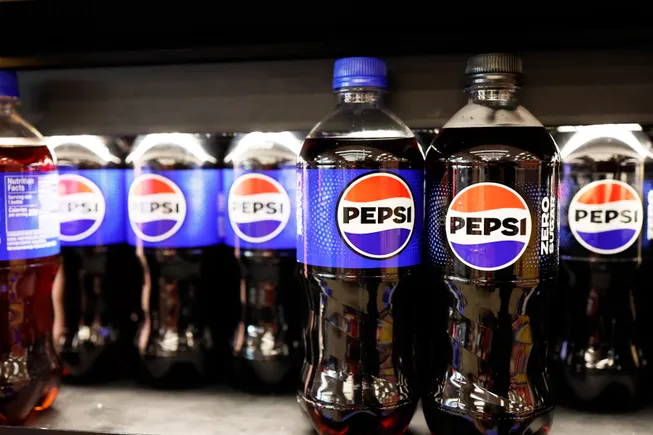Summary:
- PepsiCo is facing a lawsuit from the Federal Trade Commission for allegedly providing unfair pricing advantages to a big box retailer, resulting in higher prices for consumers.
- The FTC claims that PepsiCo’s actions disadvantaged competing retailers by offering key benefits and advantages to the big box retailer, leading to increased prices for soft drinks.
- PepsiCo denies the allegations, stating that its practices are industry-standard and that it does not favor certain customers over others with discounts or promotional support.
Insights:
PepsiCo has swiftly responded to the FTC’s allegations, asserting that the agency has misconstrued both the facts and the law.
The lawsuit represents a significant expansion of the Robinson-Patman Act, according to PepsiCo, and demonstrates a misunderstanding of the omnichannel retail landscape.
Enacted in 1936, the Robinson-Patman Act mandates equal treatment for all competing customers, regardless of their size.
The lawsuit against PepsiCo was passed by the FTC with a 3-2 vote, with dissenting votes from Republican commissioners.
FTC Chair Lina M. Khan emphasized the importance of fair competition and pricing for all businesses, regardless of their size.
This lawsuit is part of the FTC’s recent enforcement actions under the Robinson-Patman Act, following a similar case against a major distributor of wine and spirits.

